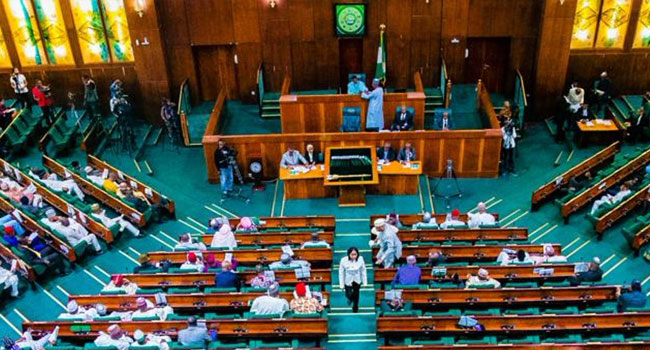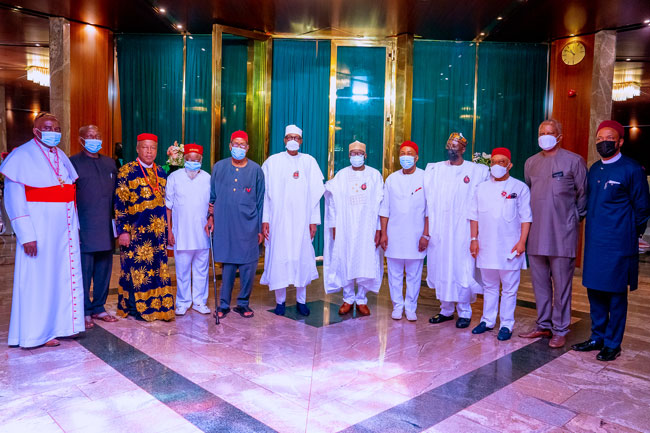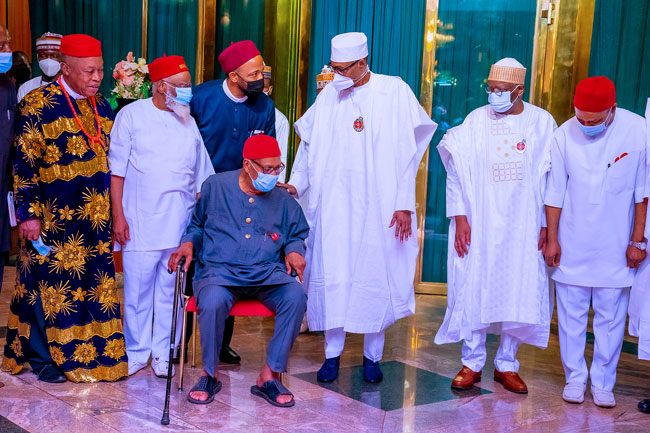The House of Representatives at the plenary yesterday approved a bill seeking to establish the Vigilante Group of Nigeria (VGN), charged with responsibilities to among others, provide community policing, maintenance of law and order and community service for Nigerians.
The approval followed the consideration and adoption of 29 out of the 30 clauses in the bill’s report presented by Hon. Kabiru Idris.
Presenting the report, Idris explained that the bill was earlier stepped down from consideration due to various concerns raised by members, including, but not limited to the cost implication of running the vigilante system on the federal government’s purse.
According to him, one of such concerns, which include the use of firearms and lethal weapons, has been expunged from the bill.
He further said the aspect of financial obligations from the federal government to the group has been removed, adding that the group should stand on its own or generate contributions from federal, state and local governments.
The lawmaker said: “Concerns raised by various stakeholders during deliberations on the bill has been addressed. Another area is the overlapping functions of the proposed group with other agencies, where some auxiliary services are provided under the functions of the group where found to be in other agencies. The review took note of that and at the end of the day all those areas where removed and in place of them, what was actually mentioned on the bill is that the Vigilante Group of Nigeria can only provide support services to assist those agencies.
“The most important aspect that was challenged during the last deliberation was the issue of funding. The earlier bill sought funding from the federation account, which means the federal government is supposed to take care of the budget-the financial activities of the group. The ad hoc committee deliberated on this and agreed that all aspect of financial obligations from the federal government should be removed and that the group should stand on its own and generates contributions from federal, state, and local governments.”
In his contribution, the Deputy Speaker, Hon. Idris Wase, who presided over the session, was of the view that funding should be sought for the group so that they can be properly guided.
He stated that it would be unfair to ask the vigilante to source for funding for themselves, after already volunteering their life service.
The lawmaker, therefore, appealed that clause (11) in the bill should be suspended till next week for further legislative deliberation.
Wase said: “Security is everybody’s business. My only reservation to this bill is still on the issue of funding. I think since we are enacting a law, there’s nothing bad in seeking funding for them so that they can be also be guided properly. We have seen their efforts and work from the Northeast, and North-central, Northwest, and we can attest to the work of vigilance groups. I want to believe that the funding aspect should be looked into, so when we get to that point, we do the consideration. Help us suspend that aspect so we can look into it again, maybe by next week, we can come back and conclude on it. My plea is for us to look at the funding, include organisations, and make it specific to avoid those who will like to fund terrorism from getting into it.”





